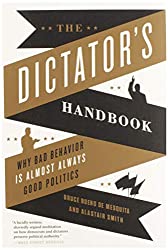Rating: 7.7/10. Summary Why do dictators consistently become terrible instead of doing what’s best for their country? This book explains the rules that govern dictatorships: using selectorate theory (proposed by the authors), they explain how incentives in dictatorships naturally tend toward a stable equilibrium that’s bad for most of its inhabitants, but democracies tend towards…
All Book Reviews
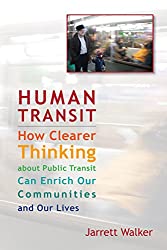
Human Transit by Jarrett Walker
Rating: 8.3/10. Book about city planning, specifically designing for public transit. Public transit is any form of transport that has a fixed schedule and is open to the public. Although public transit is familiar to all of us, there are still many non-obvious design considerations, and often there are tradeoffs where you cannot satisfy all…
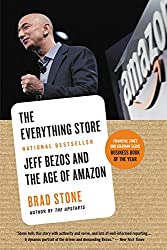
The Everything Store by Brad Stone
Rating: 8.0/10. Tells the story of the rise of Amazon and its founder Jeff Bezos. The company was founded in 1994 when Bezos realized the potential of the internet, and quit his hedge fund job to start an online bookstore. He chose books as his starting point because they were commodities (quality wasn’t important) and…
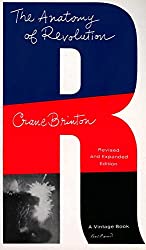
The Anatomy of Revolution by Crane Brinton
Rating: 7.1/10. Summary Written by a history professor in 1938, this book develops a theory of how revolutions happen, using examples from the English, American, French, and Russian revolutions. The focus is not explaining why things happen, but drawing common patterns from these four revolutions to understand how a revolution generally progresses from start to…

Johann Sebastian Bach: The Learned Musician by Christoph Wolff
Rating: 7.8/10. Biography of baroque-era composer Johann Sebastian Bach, who lived from 1685-1750 and is considered one of the greatest composers of all time. He is well-known for being a master of counterpoint, as exemplified in The Well Tempered Clavier and The Art of Fugue, but also wrote a great deal of lesser-known church cantatas…
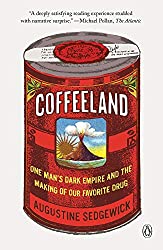
Coffeeland by Augustine Sedgewick
Rating: 8.0/10. Book about the history of coffee in El Salvador, a crop that has created a lot of inequality in the last hundred years. The history of coffee is closely tied to macroeconomics, so this narrative weaves in an economic history of the Americas as well. Coffee is native to Arabic regions and spread…
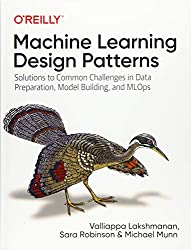
Machine Learning Design Patterns by Lakshmanan, Robinson, and Munn
Rating: 7.9/10. Book about design patterns specific to machine learning training and productionization. Design patterns are useful since they’re tried-and-tested solutions to reoccurring problems. Even though I’ve used ML in my work for several years, some of these patterns are still new to me. The book is aimed at ML practitioners in the industry and…
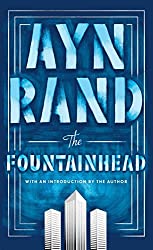
The Fountainhead by Ayn Rand
Rating: 6.9/10. Novel by libertarian author Ayn Rand, set in New York in the 1920s featuring two young rival architects. The story begins with Howard Roark expelled from his architecture school for his unwillingness to conform to the standards of the establishment; he has a distinct modernist style and refuses to compromise to please others….
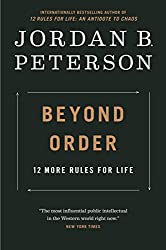
Beyond Order: 12 More Rules for Life by Jordan B. Peterson
Rating: 8.0/10. Jordan Peterson’s sequel to 12 Rules for Life, written after a lengthy break due to medical issues. The content is similar to his first book and there is a lot of overlap with the similar messages of being truthful to yourself and others, taking responsibility for your own life, confronting problems when they…
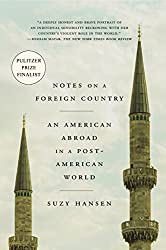
Notes on a Foreign Country by Suzy Hansen
Rating: 7.9/10. Summary Book about American’s involvement in the Middle East. The author is an American journalist who stationed in turkey, and discovered surprising things about how the locals viewed her country. For most of recent history (except for the 9/11 attacks), the relationships were one-sided: America intervention has always been a key part of…
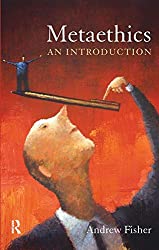
Metaethics: An Introduction by Andrew Fisher
Rating: 7.6/10. Summary Metaethics is a second-order philosophy: whereas normative ethics is the study of principles of what’s right and what’s wrong, metaethics studies what we’re doing when we talk about ethics. Are moral facts real, expressing a belief, or expressing an emotion? How do we know if a moral fact is true? The book…
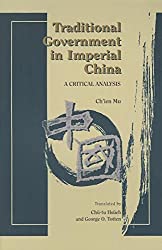
Traditional Government in Imperial China (中国历代政治得失) by Ch’ien Mu
Rating: 7.8/10. Book about how the government and its institutions functioned during several ancient Chinese regimes: the Han, Tang, Song, Ming, and Qing dynasties. The author Ch’ien Mu (钱穆) was born at the end of the Qing dynasty and is considered one of the greatest Chinese historian / philosophers of the 20th century; this book…

